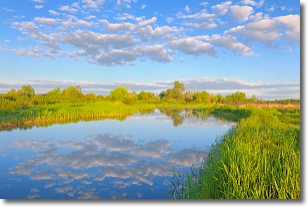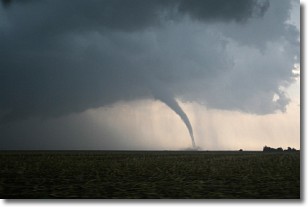Weather Alert in Maryland
Air Quality Alert issued June 14 at 1:12PM EDT by NWS Baltimore MD/Washington DC
AREAS AFFECTED: Southern Baltimore; Anne Arundel
DESCRIPTION: Maryland Department of the Environment has issued a Code Orange Air Quality Alert for Fine Particulates for the Metro Baltimore region until midnight EDT tonight. A Code Orange Air Quality Alert means that air pollution concentrations within the region may become unhealthy for sensitive groups. Sensitive groups include children, people suffering from asthma, heart disease or other lung diseases and the elderly. The effects of air pollution can be minimized by avoiding strenuous activity or exercise outdoors. An Air Quality Alert means that Fine Particulates concentrations within the region may approach or exceed unhealthy standards. For additional information, please visit the Maryland Department of the Environment at: www.mde.maryland.gov/programs/air/AirQualityMonitoring/Pages/ index.aspx
INSTRUCTION: N/A
Want more detail? Get the Complete 7 Day and Night Detailed Forecast!
Current U.S. National Radar--Current
The Current National Weather Radar is shown below with a UTC Time (subtract 5 hours from UTC to get Eastern Time).

National Weather Forecast--Current
The Current National Weather Forecast and National Weather Map are shown below.

National Weather Forecast for Tomorrow
Tomorrow National Weather Forecast and Tomorrow National Weather Map are show below.

North America Water Vapor (Moisture)
This map shows recent moisture content over North America. Bright and colored areas show high moisture (ie, clouds); brown indicates very little moisture present; black indicates no moisture.

Weather Topic: What are Stratocumulus Clouds?
Home - Education - Cloud Types - Stratocumulus Clouds
 Next Topic: Stratus Clouds
Next Topic: Stratus Clouds
Stratocumulus clouds are similar to altocumulus clouds in their
fluffy appearance, but have a slightly darker shade due to their additional mass.
A good way to distinguish the two cloud types is to hold your hand out and measure
the size of an individual cloud; if it is the size of your thumb it is generally
an altocumulus cloud, if it is the size of your hand it is generally a
stratocumulus cloud.
It is uncommon for stratocumulus clouds to produce precipitation, but if they do
it is usually a light rain or snow.
Next Topic: Stratus Clouds
Weather Topic: What are Wall Clouds?
Home - Education - Cloud Types - Wall Clouds
 Next Topic: Altocumulus Clouds
Next Topic: Altocumulus Clouds
A wall cloud forms underneath the base of a cumulonimbus cloud,
and can be a hotbed for deadly tornadoes.
Wall clouds are formed by air flowing into the cumulonimbus clouds, which can
result in the wall cloud descending from the base of the cumulonimbus cloud, or
rising fractus clouds which join to the base of the storm cloud as the wall cloud
takes shape.
Wall clouds can be very large, and in the Northern Hemisphere they generally
form at the southern edge of cumulonimbus clouds.
Next Topic: Altocumulus Clouds
Current conditions powered by WeatherAPI.com




